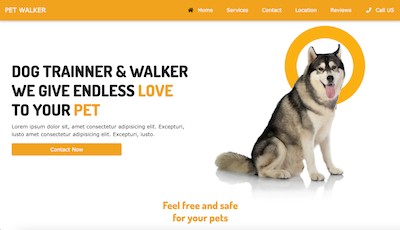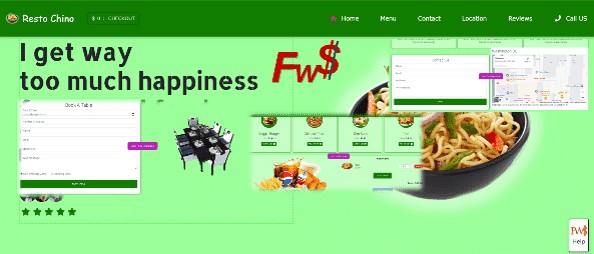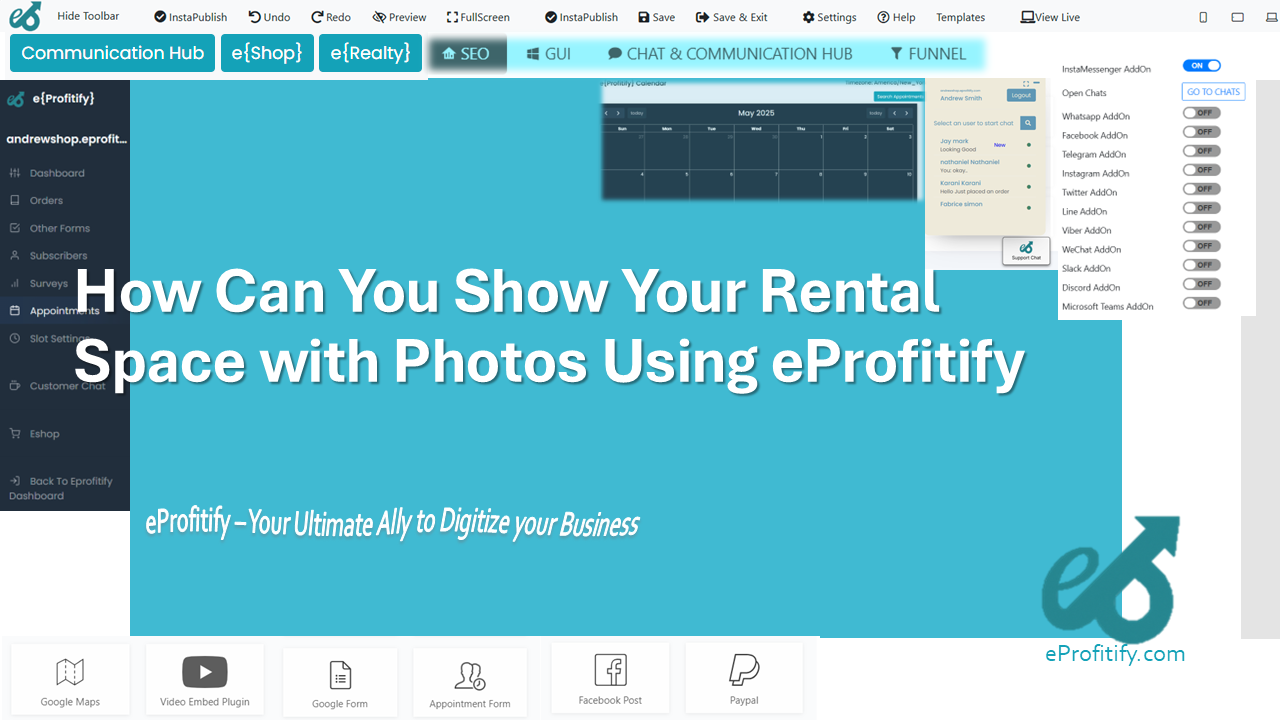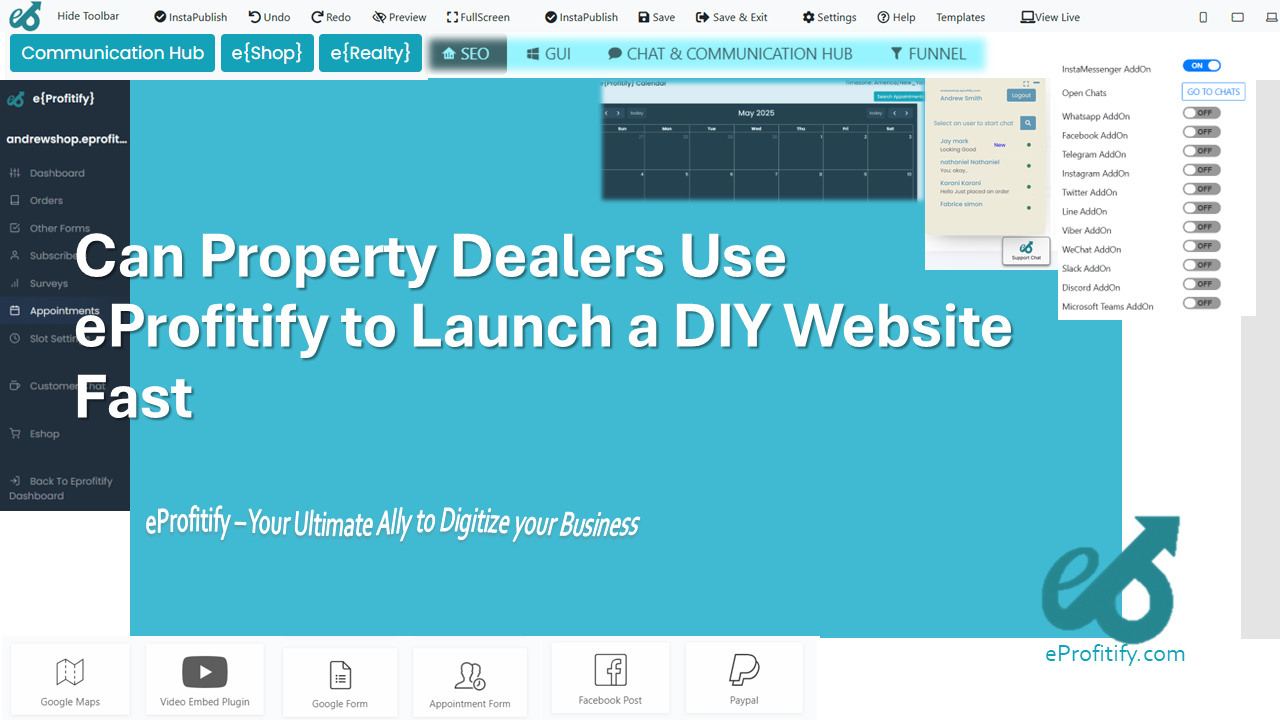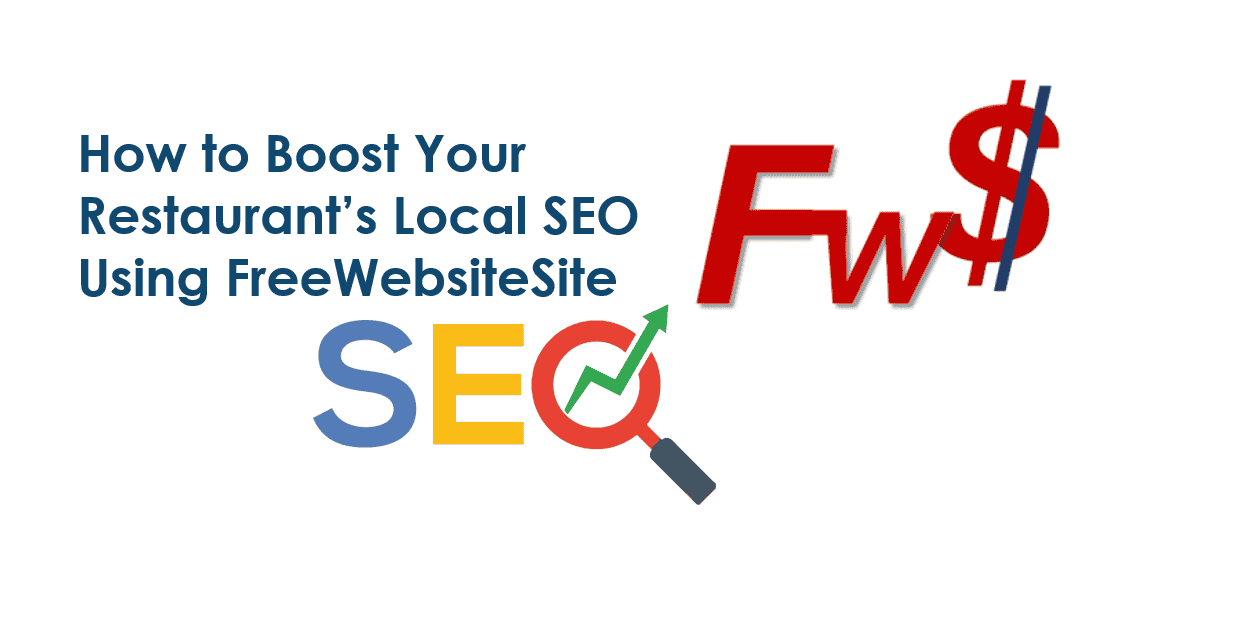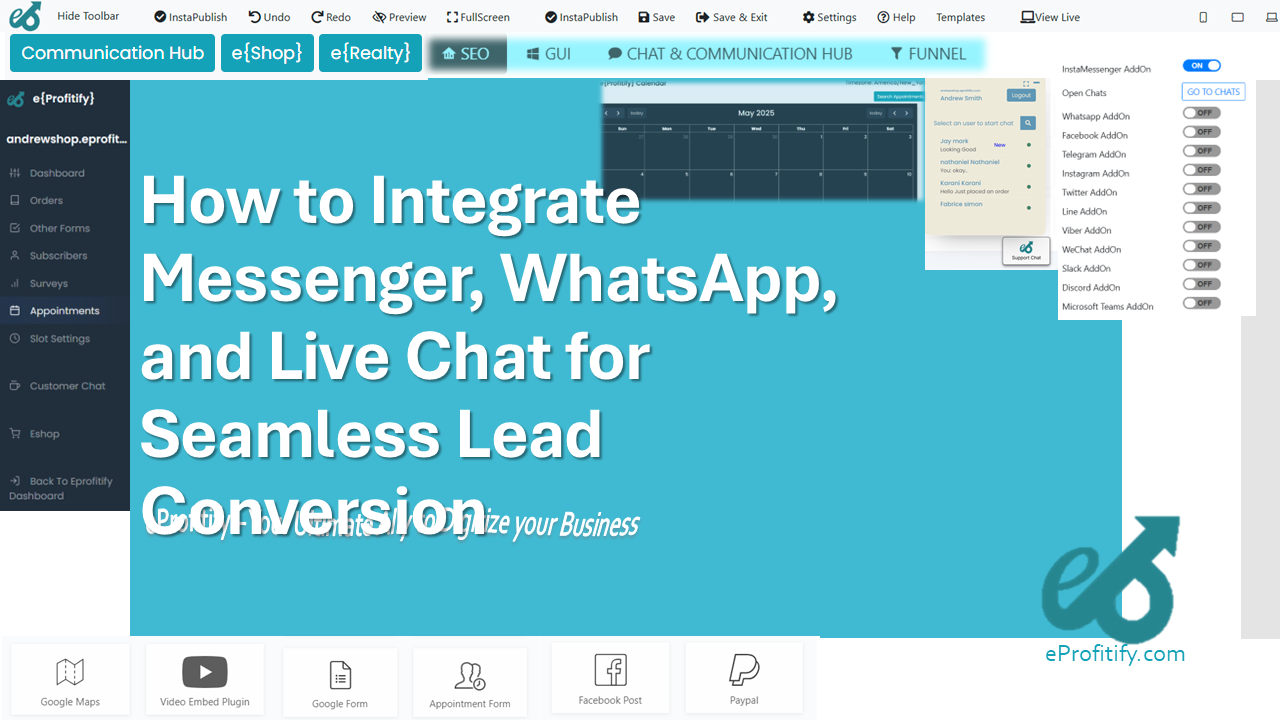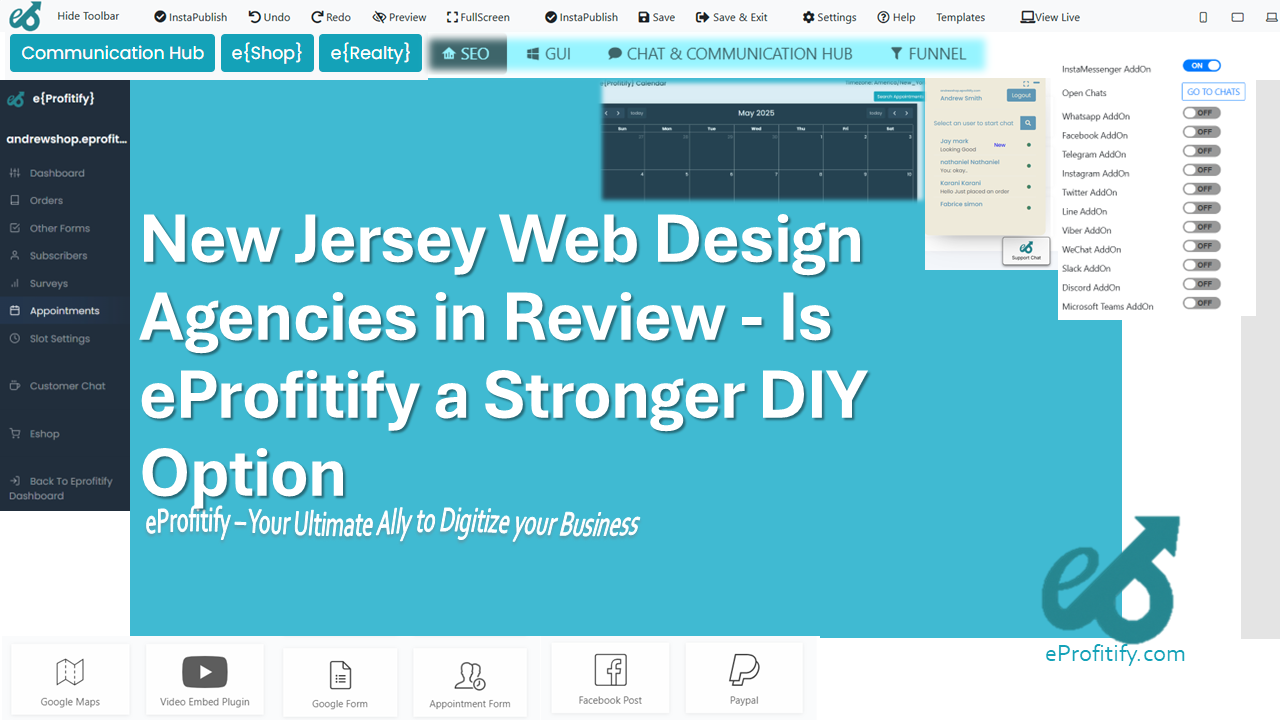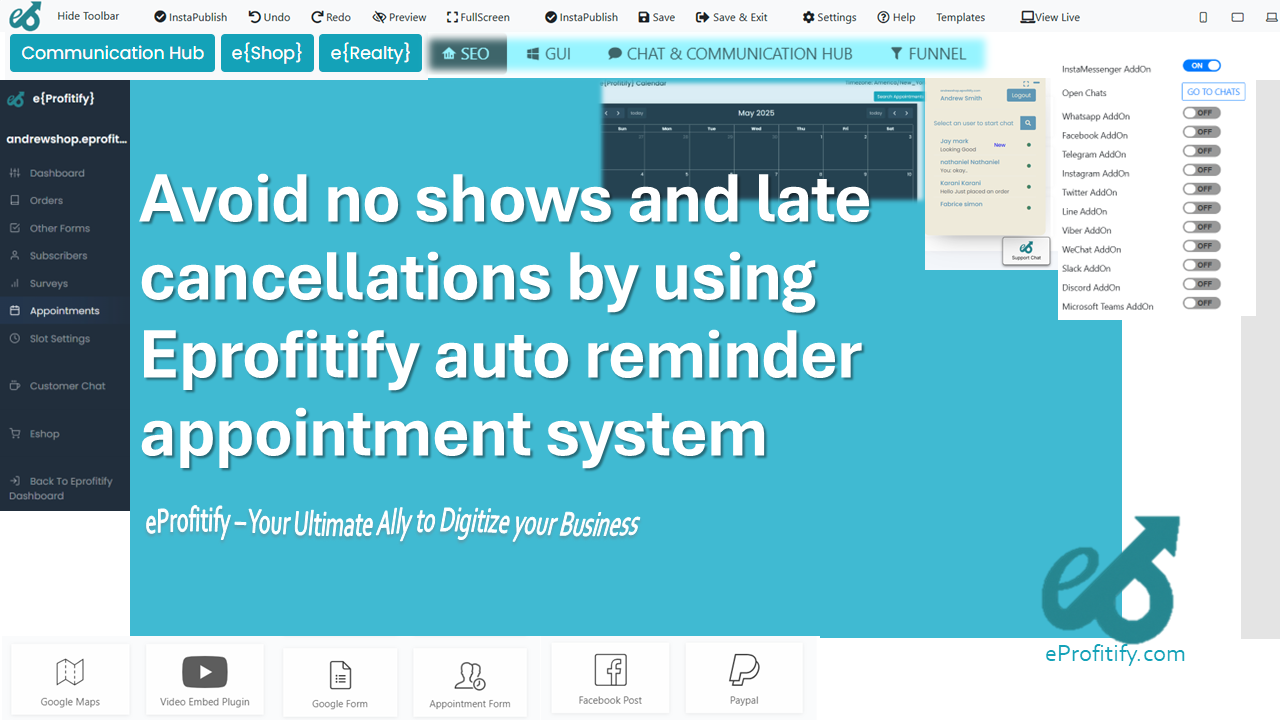How to Create a Niche Business Name
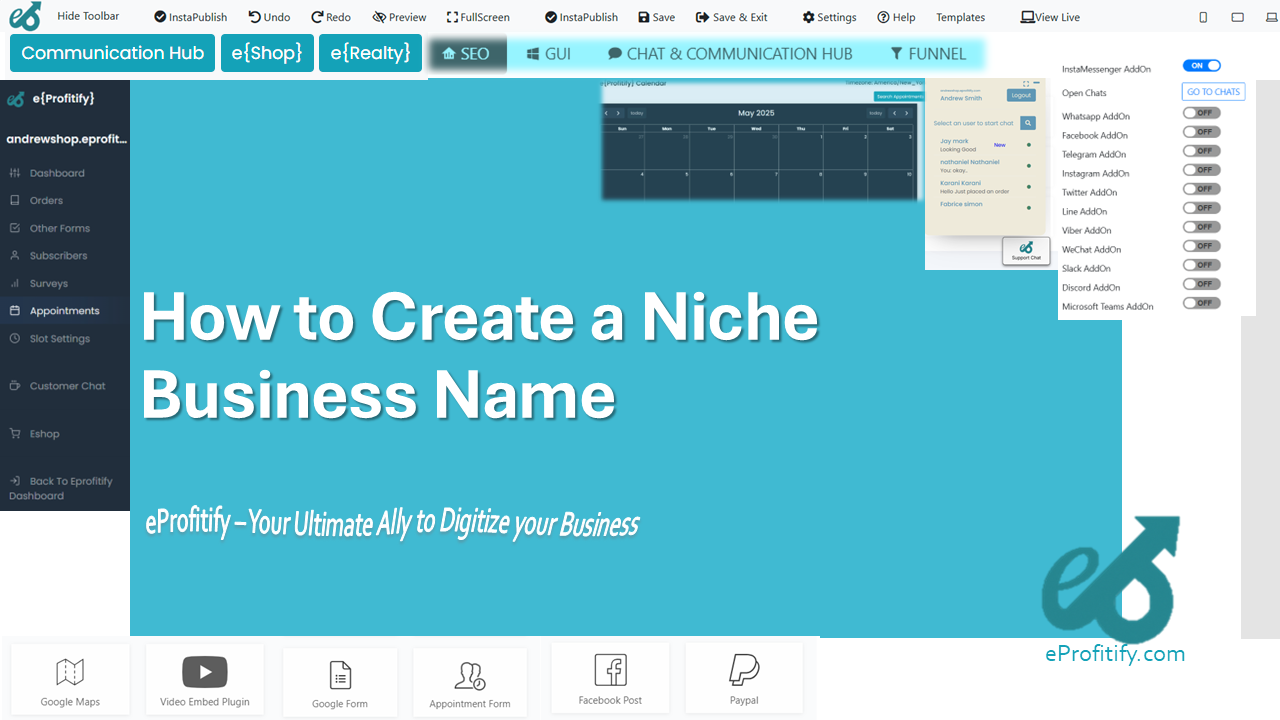
Schedule a LIVE Zoom call with an eProfitify Expert.
Creating a niche business name is a critical step in establishing a unique identity in a competitive market. A well-chosen name not only differentiates your brand but also communicates your values, mission, and offerings. According to a 2022 report by Startups.co.uk, 50% of new businesses fail within five years, often due to poor branding and lack of differentiation. A strong niche business name, combined with the right tools like eProfitify—a leading website publishing and management platform—can significantly enhance your chances of success.
1. Research Your Niche and Audience
Begin by understanding your niche. Analyze competitors, industry trends, and customer pain points. Use tools like Google Keyword Planner or SEMrush to identify high-search, low-competition keywords relevant to your market. For instance, the wellness industry grew by 14% in 2023, with terms like “holistic skincare” seeing a 25% increase in searches. Align your name with these insights.
Survey your target audience to gauge preferences. A Nielsen study found that 64% of consumers prefer brands that share their values. If your niche focuses on sustainability, terms like “Eco,” “Green,” or “Pure” could resonate.
2. Brainstorm Creative Names
Develop a list of words linked to your niche. Use mind mapping or word combiners like NameMesh to generate ideas. Aim for 10–15 candidates initially. For example, “BloomBox” for a plant subscription service combines “bloom” (growth) with “box” (subscription model). Avoid overused terms—research shows 67% of consumers find generic names forgettable.
3. Prioritize Simplicity and Memorability
Short, catchy names perform best. Brands with one or two syllables, like “Zoom” or “Slack,” are 77% more likely to be remembered, per a Stanford University study. Use alliteration (“BundleBee”) or rhyming (“StitchSwitch”) to enhance recall. Ensure pronunciation is intuitive—72% of consumers distrust brands with hard-to-pronounce names.
4. Check Domain and Social Media Availability
Secure a matching domain and social handles early. A 2023 Domain.com survey found 67% of startups struggle with domain availability. Tools like Namechk streamline checks across 150+ platforms. Consider alternative extensions (e.g., .io or .co) if .com is taken. Consistent branding across platforms increases trust; 89% of customers expect uniform usernames.
5. Legal and Trademark Considerations
Verify trademark availability via USPTO or EUIPO databases. Trademark applications grew by 10% in 2023, increasing litigation risks. Avoid names resembling existing brands—like “InstaFeed” vs. Instagram. Legal disputes can cost $70,000+ in rebranding, as seen in 2022 cases.
6. Test and Refine
Conduct surveys or A/B tests with your audience. Use platforms like PickFu to gather feedback. For example, “PetPals” might score higher than “Animal Allies” if your audience prefers playful terms. Adjust based on input: 58% of rebranded companies reported increased engagement after incorporating customer feedback.
7. Scale with the Right Tools
After finalizing your name, operationalize your brand with eProfitify, a comprehensive platform offering:
- Instant Messaging: Engage customers in real-time, improving response rates by 40%.
- Appointment Management: Automate bookings, reducing no-shows by 30%.
- Ecommerce Integration: Launch a branded store swiftly; 60% of users report faster setup compared to Shopify.
- CRM: Track customer interactions, boosting retention by 25%.
Businesses using eProfitify save 15+ hours weekly on administrative tasks, per a 2023 user survey. Its SEO optimization tools also enhance visibility, critical for a new niche brand.
Conclusion
Crafting a niche business name requires strategic research, creativity, and legal diligence. Pairing it with eProfitify ensures seamless management, allowing you to focus on growth. With 80% of consumers citing brand consistency as a trust factor, integrating a strong name with robust tools positions your business for long-term success.
